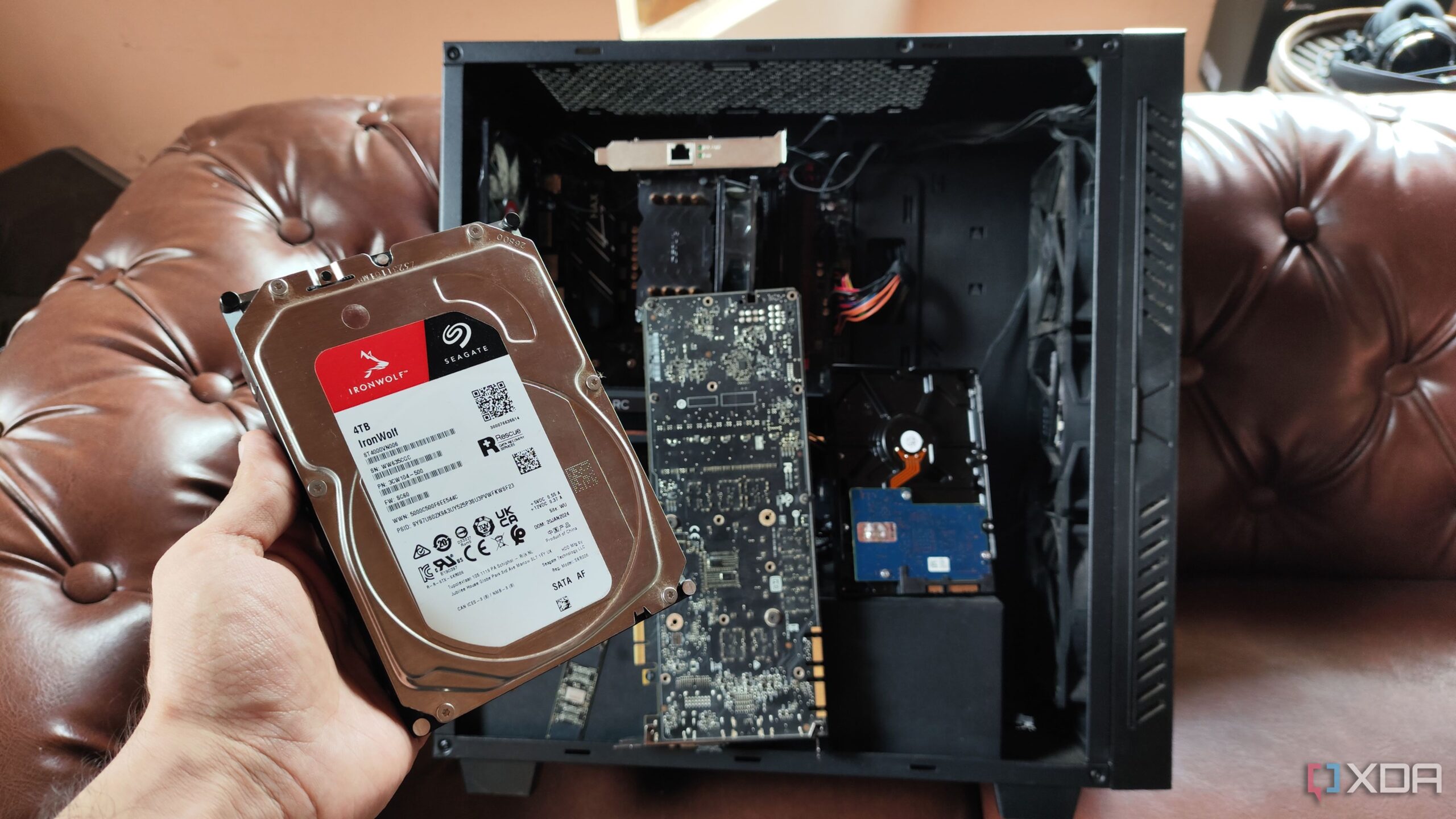New reports confirm that users of Network Attached Storage (NAS) devices are facing increasing frustration and fatigue due to relentless maintenance demands. As of October 15, 2023, many tech enthusiasts are expressing their struggle with the shift from pride in self-hosting to the burdensome upkeep that follows.
The illusion of control that comes with owning a NAS can quickly turn into a nightmare. Initially, users find joy in assembling their devices, relishing the sense of ownership over their data. However, as the complexity of these systems grows—transforming from simple storage to intricate setups including media streaming and Docker containers—the upkeep becomes overwhelming.
“Self-hosting rarely stays simple for long,” warns one frustrated user. The joy of customization often leads to a barrage of updates, with users reporting that they spend entire weekends troubleshooting system failures and debugging issues that arise unexpectedly.
Worries about security loom large as well. Users must navigate the intricacies of renewing SSL certificates and patching vulnerabilities, often without the support that a professional team would provide. The shift from personal pride to constant vigilance offers little respite, with many individuals feeling the weight of managing their own digital infrastructure.
Financially, self-hosting might seem cheaper, but users are paying in other currencies—time, electricity, and mental stress. While avoiding subscription fees can appear beneficial, the reality includes late nights spent deciphering error logs and potential costly hardware failures. The emotional toll is significant; many users report anxiety over data loss and the reliability of their backups.
Experts suggest that it’s time for NAS users to reconsider their approach. There is no shame in diversifying storage solutions, especially when certain tasks might be better suited for cloud services. The balance between control, convenience, and security is crucial.
Using tools like Syncthing can offer a hybrid solution, allowing users to keep files synced across their NAS, cloud services, and personal devices. This co-dependence can mitigate vulnerabilities, providing a more secure and efficient workflow.
As technology continues to evolve, users are urged to reassess their reliance on self-hosting. The landscape of data storage is shifting, and adapting to new models may provide the best of both worlds. The key takeaway? Users should remain in control of their data without allowing their storage systems to dictate their digital lives.
Stay tuned for more updates on how NAS users are navigating these challenges, as the conversation around self-hosting and data management continues to heat up.
